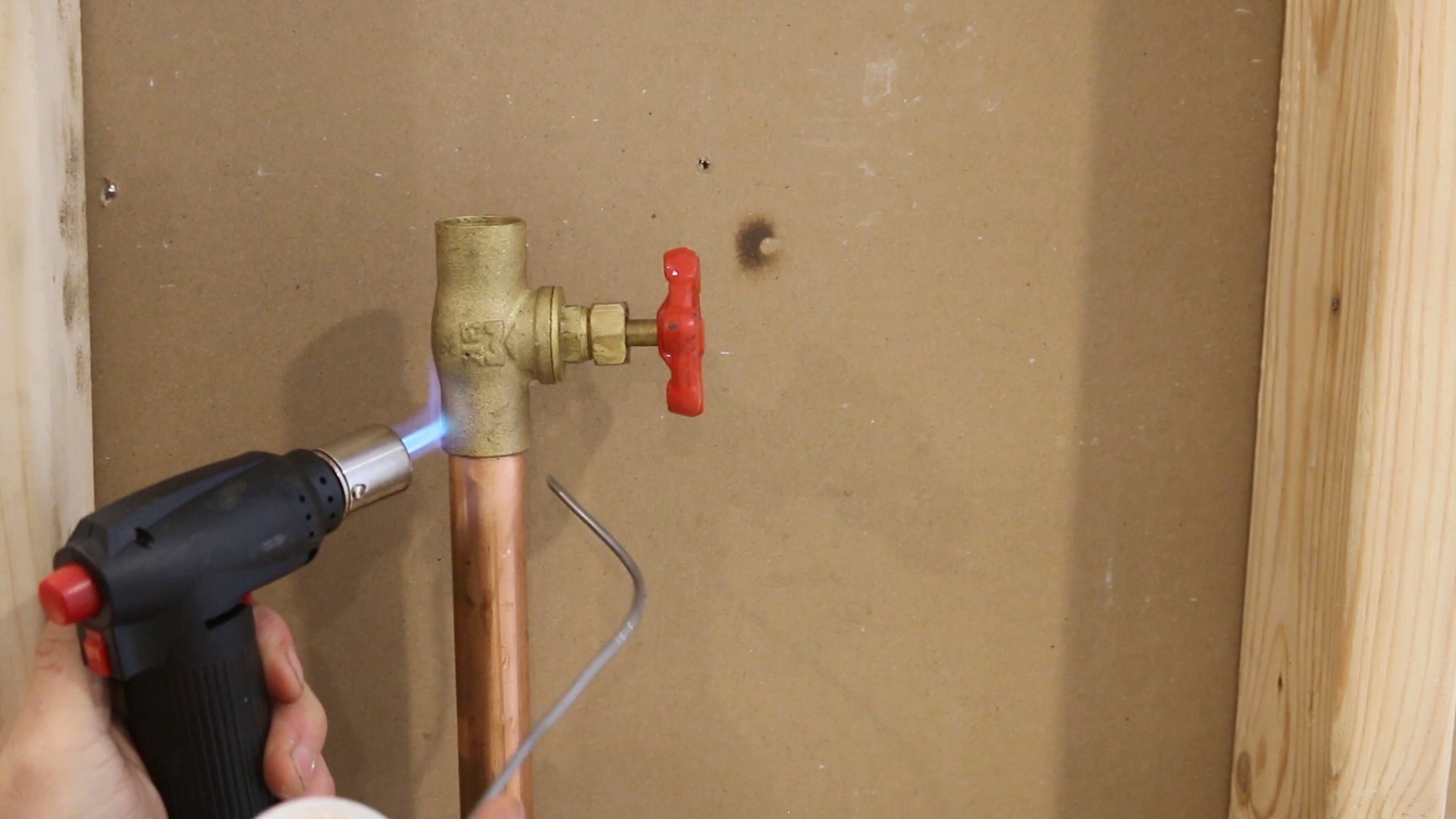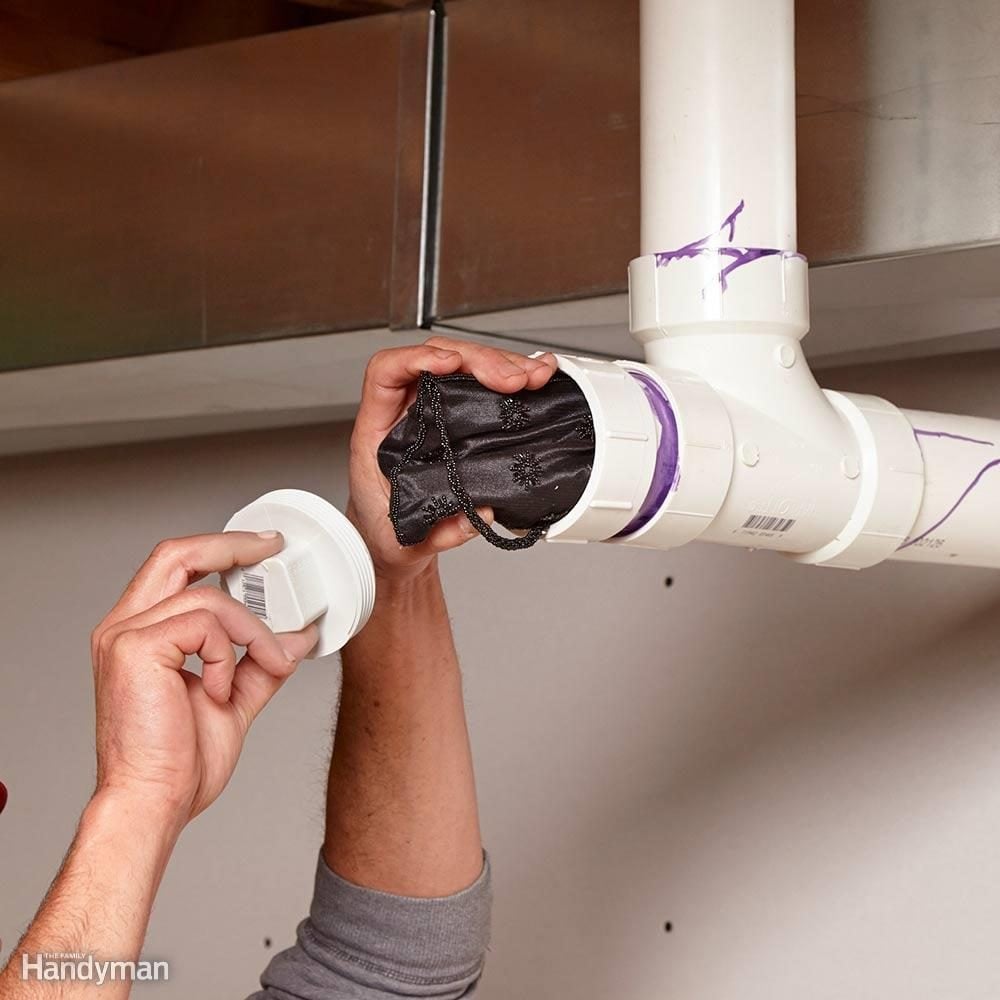Were you in search of resources about How to Prevent Frozen Pipes?

All property owners who live in warm environments have to do their finest to winterize their pipelines. Failing to do so can mean disaster like frozen, broken, or ruptured pipelines.
Attempt a Hair Dryer or Heat Gun
When your pipes are nearly freezing, your trusty hair clothes dryer or warm gun is a blessing. If the warm towels do not help remove any type of working out ice in your pipes, bowling warm air directly into them may help. You may end up damaging your pipes while trying to melt the ice.
Open Up Cupboard Doors Hiding Plumbing
When it's chilly outside, it would be useful to open cupboard doors that are camouflaging your pipelines. Doing this little trick can maintain your pipelines warm and restrict the potentially unsafe results of freezing temperature levels.
Require Time to Cover Exposed Pipes
One simple as well as great hack to heat up freezing pipelines is to cover them with warm towels. You can cover them initially with towels. After safeguarding them in position, you can pour boiling water on the towels. Do it gradually to allow the towels take in the liquid. You can additionally use pre-soaked towels in hot water, just don't fail to remember to put on safety handwear covers to safeguard your hands from the heat.
Switch on the Faucets
When the temperature declines and it appears as if the freezing temperature will certainly last, it will aid to switch on your water both inside and outdoors. This will certainly maintain the water moving through your plumbing systems. Furthermore, the movement will certainly decrease the freezing process. Especially, there's no requirement to transform it on full force. You'll end up wasting gallons of water in this manner. Instead, aim for concerning 5 drops per min.
Turn off Water When Pipelines are Frozen
Shut off the main water shutoff instantly if you notice that your pipelines are entirely icy or nearly nearing that stage. You will typically locate this in your basement or utility room near the heater or the front wall surface closest to the street. Transform it off as soon as possible to stop additional damages.
Do not neglect to close outside water resources, too, such as your connection for the garden house. Doing this will prevent added water from filling your plumbing system. With more water, more ice will load up, which will ultimately lead to break pipes. If you are unclear about the state of your pipes this winter months, it is best to call a specialist plumber for an assessment. Taking this positive approach can conserve you hundreds of bucks in repairs.
All homeowners who live in pleasant environments must do their best to winterize their pipelines. Failing to do so can spell catastrophe like icy, broken, or ruptured pipelines. If the warm towels do not help remove any kind of working out ice in your pipelines, bowling warm air directly into them might help. Transform off the major water valve quickly if you discover that your pipes are completely icy or virtually nearing that stage. With more water, even more ice will pile up, which will at some point lead to burst pipes.
How to Prevent Frozen Pipes This Winter: A Simple Guide
Have you ever dealt with frozen pipes in the winter? If so, you know what a pain they can be. When water freezes, it expands. This expansion puts a huge amount of pressure on your pipes and it can cause pipes to burst, making a huge mess of your home.
If they don’t burst, they may crack. This is a less noticeable problem, but it’s still a big deal. As water leaks, your home will accumulate moisture which leads to mold and mildew.
Do you know how to prevent frozen pipes to protect your home? Let’s talk about it. Keep reading for our brief guide for avoiding frozen pipes.
Keep Cabinet Doors Open
When it gets too cold outside it’s a good idea to leave the cabinet doors in your bathroom and kitchen open.
Why is that?
You want as much heat as possible to get to the pipes. The cabinets are dark and cold and they don’t get any air circulation. This makes the pipes more likely to freeze.
When you let the warm air from the rest of the house circulate around the pipes, it keeps them safe.
Apply Heat Tape and Insulation
It’s a good idea to insulate your pipes during the winter. There are several ways to do this on your own.
You can buy pipe insulators. They’re easy to attach to your pipes and easy to remove when the water gets warmer. They look like thick foam and they keep your pipes warm enough to not burst.
You can also apply heat tape (or insulation tape). These are self-adhesive so they’re easy to place and remove as well.
Know When to Call a Plumber
So what if you’ve already done these things but you’re still unsure if it’s enough? What if your pipes have already cracked or burst?
This is when it’s time to contact a plumbing professional.
They know how to prevent frozen pipes and manage pipes that are already frozen before they pose a problem. In the event of a cracked pipe, they can fix that as well.
https://www.mcwilliamsandson.com/blogs/how-to-prevent-frozen-pipes-this-winter-a-simple-guide

Hopefully you liked our post about Prevent Freezing and Bursting Pipes. Many thanks for finding the time to read our content. Sharing is caring. You never know, you might be helping someone out. Thank-you for taking the time to read it.
Or Book Technician Here